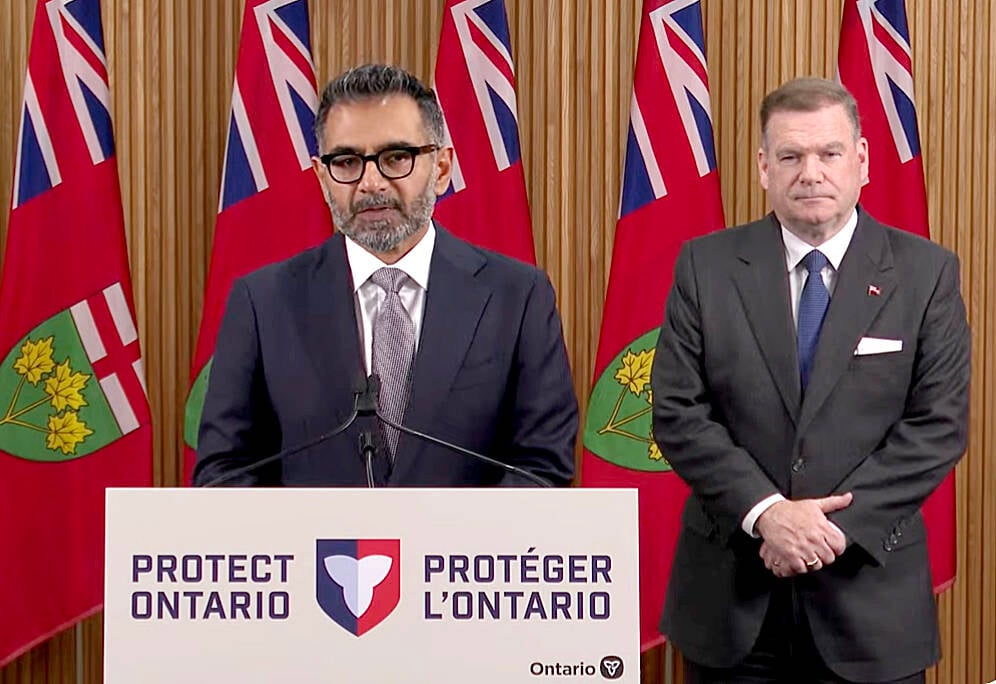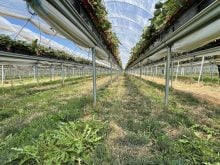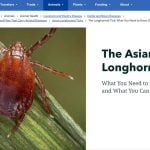Dr. Rene Van Acker is the University of Guelph’s 10th president and vice-chancellor. The University’s board of governors unanimously approved his appointment, with a five-year term beginning on July 2, 2025.
“I want to inspire the University community as we navigate this bold new chapter,” said Van Acker, noting the school is on a pathway to becoming a globally recognized top-tier university. “This moment calls for us to transform how we think and what we imagine is possible.”
Why it matters: Van Acker brings 30 years of experience in academia, including senior leadership roles such as chair of the Department of Plant Agriculture, dean of the Ontario Agricultural College (OAC), and vice-president (research and innovation).
Read Also

Conservation Authorities to be amalgamated
Ontario’s plan to amalgamate Conservation Authorities into large regional jurisdictions raises concerns that political influences will replace science-based decision-making, impacting flood management and community support.
Van Acker’s innovative thinking and grounded leadership style make him an ideal leader, said Nancy Brown Andison, chair of the Board of Governors and the Presidential Search Committee.
“He has overseen multimillion-dollar research portfolios and built high-impact initiatives amid resource constraints, demonstrating a proven record of vision and action,” said Brown Andison. “Dr. Rene Van Acker is the leader needed to help elevate the institution to the next level.” Van Acker brings a “think big” approach to the presidency, stating that despite the University’s Canadian rank as ninth for reputation, first for veterinary science, and among the top in total research funding with more than 20 Canada Research Chairs, “we often perceive ourselves as ‘smaller’ than we actually are.”
“It is time to recognize our scale and impact and to not limit ourselves,” he said. “Our mission to improve life and our ability to solve real-world challenges are clearly needed in the world.” Leveraging U of G’s expertise to make a global impact is integral to the school’s culture and attracts people to the institution. Currently, the university is exploring ways to protect global groundwater resources, cataloguing every species in the world’s largest DNA library, and securing the food supply.
“(We are) tackling emerging diseases through One Health, improving the mental health of communities, exploring the human experience through interdisciplinary creativity and advancing ethical, sustainable business practices that shape tomorrow’s leaders — all under one institution,” Van Acker said. “These are just a few examples of our many strengths. We do great things — I know we will do greater.”
Van Acker said that advancing an institution progressively is a team effort, with each member contributing academic and research excellence to provide students with a foundation in ethical, collaborative, practical, and ‘real world’ skills.
“This is how bold new chapters begin,” he said. “Forward, together.”













